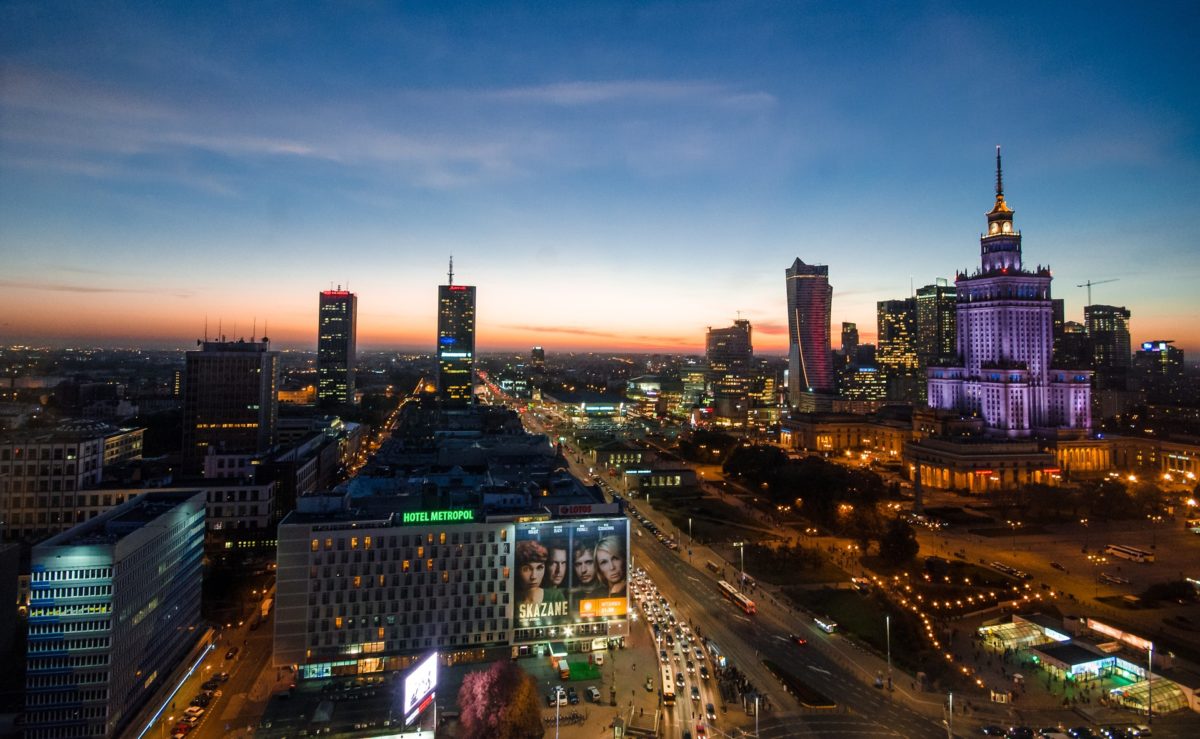Danish renewable energy developer Better Energy says it has significantly increased activity in coal dependent Poland
Better Energy says it has secured a cumulative 700 hectares of land and developed a 650 MW solar generation capacity pipeline to build across it.
The Danish company says it can distribute the energy generated through power purchase agreements free of government subsidy, claiming it has “pioneered new ways for companies to go green”.
Better Energy director for project finance and development Christoffer Fruergaard Larsen said: “We see great potential in the Polish market. Over the past years solar prices have gone down every year. The scalability of our solutions allows us to push the agenda to build solar energy plants at market price without any governmental subsidies.”
Polish attempts at PV
Being an early mover to tap Poland’s vast solar potential could prove a smart move if the government agrees some form of compromise with the EU on a carbon exit plan. To date, Poland has left its solar potential unexploited, with around 80% of its primary energy generation from burning hard and lignite coal.
In 2016 Poland held three renewable energy auctions for projects with a generation capacity of up to 1 MW, theoretically allocating a total 870 MW. However, the Photovoltaic Market in Poland 2019 report by the IEO Institute estimated, of the 73 projects with a total 68.4 MW of generation capacity assigned in the first of those auctions in late 2016, only 55 – representing 52.5 MW of capacity – were finalized, with the remaining 16 MW unlikely to see the light of day as the deadline for project completion passed at the end of last year.
Popular content
There is progress, however, as domestic solar association Polska PV announced in March the nation has 486 MW of PV installed. That means 214 MW of capacity was added last year, compared to 81 MW in 2017 and 101 MW in 2016.
EU pressure
Better Energy could be in the vanguard of companies buying land and developing solar plants, as the EU is pushing hard to get Poland to abandon coal power generation. Two weeks ago the bloc attempted to set a 2050 carbon neutrality plan for its entire economy only to be stymied by resistance in Hungary, Poland, Estonia and Czechia.
The chances of the naysayers holding out for the rest of the year have been reduced by the ascension of climate policy exemplar Finland to the EU presidency with the new Finnish government elected on a strong green policy platform.
The recent European parliamentary elections saw strong support for green parties, especially in Western Europe. In Germany the Green party polled at 26%, just 1% behind Chancellor Merkel’s CDU party. The U.K. too has seen climate policy protests gather strength, forcing the government to follow the example set by the Welsh Assembly and prepare a zero carbon pledge and the Danish government quickly followed suit.
This content is protected by copyright and may not be reused. If you want to cooperate with us and would like to reuse some of our content, please contact: editors@pv-magazine.com.



1 comment
By submitting this form you agree to pv magazine using your data for the purposes of publishing your comment.
Your personal data will only be disclosed or otherwise transmitted to third parties for the purposes of spam filtering or if this is necessary for technical maintenance of the website. Any other transfer to third parties will not take place unless this is justified on the basis of applicable data protection regulations or if pv magazine is legally obliged to do so.
You may revoke this consent at any time with effect for the future, in which case your personal data will be deleted immediately. Otherwise, your data will be deleted if pv magazine has processed your request or the purpose of data storage is fulfilled.
Further information on data privacy can be found in our Data Protection Policy.